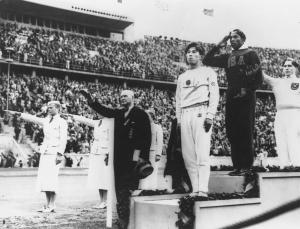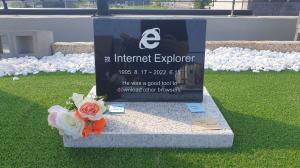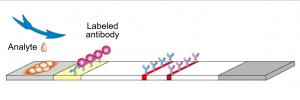In the summer of 2019, the South Korean Supreme Court made a ruling, calling on Japanese companies to pay compensation for their use of forced labor during Japan’s 1910-45 occupation of the Korean peninsula. Japan removed South Korea from its “white list” of preferred trading partners and began to regulate exports to South Korea. As this news became known to the public, a movement to not buy and consume products from Japan and Japanese-related companies spread throughout Korea. For example, the number of tourists going to Japan has reduced by about 26% and Asahi’s sales in Korea declined by over 50% from a year earlier. When the Chosun Ilbo newspaper criticized the boycott as South Korea citizens being overly confrontational with Japan, the boycott of Japanese companies expanded to the boycott of the Chosun Ilbo. Unfortunately, the boycott of Japanese companies negatively impacted tourist businesses in South Korea. Also, small Japanese food enterprises which are not linked to Japanese companies suffered greatly from the protest. However recently in South Korea it was difficult to buy the game Animal Crossing: New Horizons from Nintendo thanks to its popularity. Some people criticized this phenomenon as a selective boycott. So, should we join this Japanese boycott? Is it the duty of South Korean citizens? What do you think?
Kang Hanna-Whatever Suits Your Wallet Better
After giving it much thought, I decided my answer would be: “do as you wish.” More specifically, if someone was struggling with this matter, I would tell that someone to do whatever suits his/her ‘wallet’ better.
As a person living under capitalism, I cannot help but think from a strictly consumeristic perspective. One might say, “But that is such a cold-blooded thought to have!” But if you stop to think of it, this is what we do every day. We act and choose on what we think is best for ourselves. For example, we use credit card even though we know that cash will much more benefit the store owner, just because carrying cash is much more troublesome on our part. Can we call this purchase ‘cold-blooded’? Certainly not.
One might say, “But aren’t you aware of our painful history?” Yes, I am aware of the atrocities camed out by the Japanese during the Occupation and our ancestors’ struggle that came with it. But I am also aware of the ‘Purchase of national product’ movement that arose during this time. Under the slogan “Our company, Our product, Our people”, the aim of this movement was to encourage the buying of commodities manufactured by national companies instead of the Japanese ones that were expanding. It is strikingly similar to what is happening today. But was it actually a truly pure, unintentional patriotic movement? Not at all; the benefits were not equally distributed. The big, ‘truly national’ conglomerates of this period had their bellies full while ordinary people suffered all the same. In fact the so-called patriotic companies went on to pressure the ordinary people until Koreans themselves called for an end to the movement.
So as we can see, we’ve seen a similar situation in the past. For ordinary ones like us, there is no dramatic change whatsoever no matter how fiercely we boycott. Most importantly, our economic range today is far too globalized to ‘sacre’ only our national products. Furthermore, the term in ‘Japan’ in “Boycott Japan” itself calls for discussion; does it refer to Japan-based companies, Korean-based companies that produce Japanese products, or last but not least, Korean-based companies that produce Korean products but benefit mostly the Japanese(‘Lotte’ is the best example, without a doubt)?
So in the end, it all comes down to whether you see yourself more as a consumer or as a citizen of the country. I do not oppose to people who boycott. What I wish to say is that if, under thoughtful consideration, I think the consuming of ‘kimbap’ is an ‘economically smarter’ act than the consuming of ‘sushi’, then I will go ahead and do it and vice versa. I am not cold-blooded nor anti-patriotic; I am merely seeing myself as a consumer in a capitalist society. And from what I see, though a mere student, that is the essence of the ‘Boycott Japan’ matter.
Heo Junyoung gyunz0224@naver.com
<저작권자 © 홍익대영자신문사, 무단 전재 및 재배포 금지>





